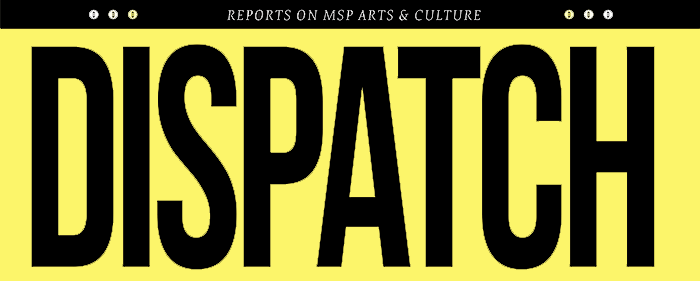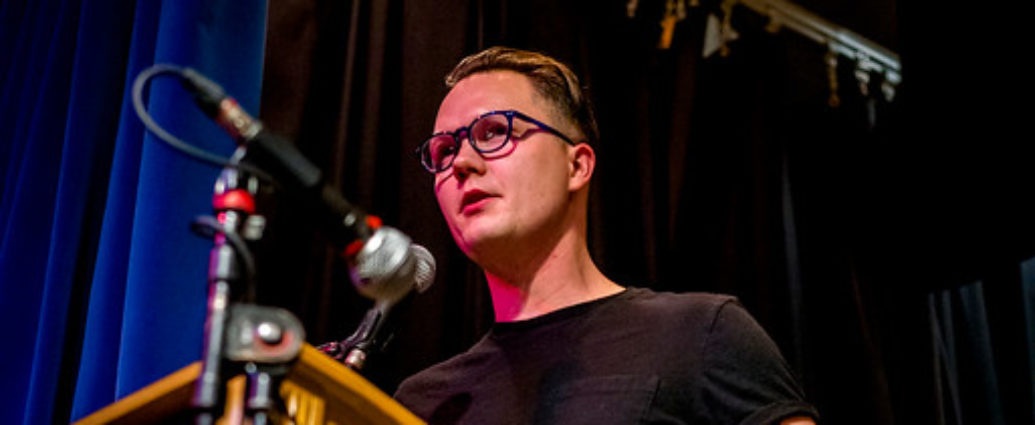Carl Atiya Swanson on creativity and sobriety in the Twin Cities.
In a few weeks, if everything goes according to plan, I’ll mark fifteen years of sobriety. That’s fifteen years since I walked out rehab center with a paper certificate and a commemorative pebble in hand, no real idea of what to do next beyond “Don’t fuck this up.”
I went to rehab because I had to, even if I didn’t want to. A mythology of the artist as inspired by damages and taking whatever they could get their hands on tipped me down that path. Drinking that rapidly accelerated through college and after, coupled with a propensity for psychedelics and speedy pills and powders had put me in a place where I was unemployed, unreliable, and unable to look after myself. I was miserable with myself and I knew it. After a midwinter night visiting my folks in Chicago where I lost the keys to their place, couldn’t work the buzzer, and wandered off, oblivious, into the arctic night, their pleading was just about enough to get me to go.
Thankfully I live in Minnesota, a state with lots of treatment facilities, and the Rule 25 chemical dependency assessment that can expedite getting someone into one. So many of the stories we’ll share in this issue are around the personal and cultural shifts around sobriety, alcohol, drugs, and addiction, but we should never underestimate the necessity of proactive public policy to help people.
I am lucky, and I am privileged. Lucky to be here. Privileged in the ways that straight white men are privileged in this country, magnified in recovery. I had family and financial networks to support me. I had an education to fall back on, I didn’t have to go into work that would put me around alcohol or drugs. I wasn’t forced into the carceral system. I get to live my recovery out loud because I am more likely to be afforded a second chance in this country.
Sobriety is a range of things—a necessity, a choice, a calling, a lifeline, a refresher, a center. For those of us for whom it is an imperative, it doesn’t necessarily get easier over time, but the practice helps. Sobriety actually doesn’t fix anything, it just makes the space where that might be possible. I spend a lot of time now being grateful that I’ve had the chance to do anything this long.
And I’ve been sober long enough now to see a shift in the conversation around alcohol, its influence in culture, and what it means for our collective health. Artists are sharing their realities and speaking up about mental health and wellbeing in creativity. The isolation of the pandemic pushed lots of folks into reflecting on their own habits, but the Sober January/Dry January movement was making space for the sober-curious and the explosion of NA beverage options in the past five years has both affirmed and created new levels of acceptance around not drinking. I don’t have to order a tonic and lime in a lowball and pretend to nurse it all night long anymore, like I did for the first few years of my recovery.
Recovery is people, it’s connection. I am honored to share these stories, and to have the people in this issue share their stories with you. That’s the whole premise of most recovery programs, that the stories we tell each other about ourselves bind us together and give us hope for what’s to come. If there is anyone reading these stories and you find them resonant, you are not alone.

